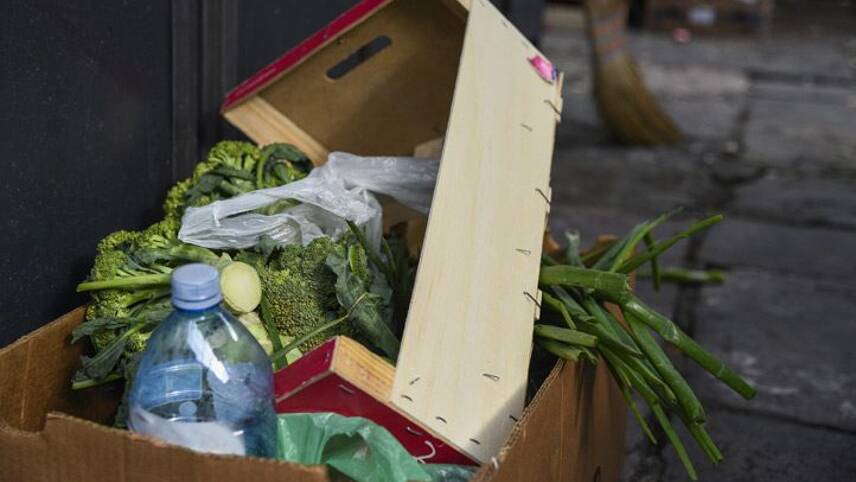Register for free and continue reading
Join our growing army of changemakers and get unlimited access to our premium content

Planet Tracker is calling on food firms to report FLW by volume in annual reports from 2021 and then commit to accounting for FLW-based scope 3 emissions from 2022
The Planet Tracker report notes there is currently a lack of standardised reporting by food companies based on emissions from food loss and waste (FLW). Between 25% to 33% of all food produced for human consumption globally is wasted across the value chain and Planet Tracker believes that businesses should be disclosing the emissions impact of losses as part of Scope 3 reporting and target-setting.
According to the report, scope 3 emissions account for an estimated 44% of total food waste emissions produced in Europe every year, while the global economic FLW cost stands at $940bn annually, according to the United Nations Food and Agriculture Organisation.
Planet Tracker’s director of research Matthew McLuckie said: “For food retailers, FLW not only represents lost earnings potential and reduced operating profit margins, but also contributes towards their GHG footprint. What’s more, the lack of disclosure over these metrics means total FLW and associated Scope 3 emissions estimates are presumed to be significantly underreported.”
“Our research shows that the top 11 food retail companies and their investors are unable to correctly assess total generated emissions across their supply chains. This means investors are unable to undertake accurate emissions-based benchmarking, nor aggregate portfolio-based emissions exposure.”
Planet Tracker notes that only seven publicly listed European food retailers provide Scope 3 emissions reporting and only Finnish firm the Kesko Corporation includes FLW-based emissions in its Scope 3 accounting.
The report adds that the Greenhouse Gas Protocol and Food Loss & Waste Protocol, two of the leading frameworks used by companies to measure emissions in the food retail sector, do not include guidance for calculating and disclosing FLW-based Scope 3 emissions.
Planet Tracker warns that the disclosure oversight could impact the investor community, by exposing finance to an environmental risk that they are “unable to adequately measure”.
In response, Planet Tracker is calling on food firms to report FLW by volume in annual reports from 2021 and then commit to accounting for FLW-based scope 3 emissions from 2022.
In addition, businesses should aggregate FLW-based emissions and set clear and transparent targets segregating Scope 1 and 2 net-emission reduction targets from Scope 3 commitments by 2023.
Existing efforts
A coalition of big-name businesses from across the food and drink sector, including Nestle and Waitrose & Partners, have made a joint commitment to halve their food waste outputs by 2030, in line with the UN’s Sustainable Development Goals (SDGs).
In the UK, around 43,000 tonnes of surplus food is currently redistributed from retailers and food manufacturers every year, but the Government estimates that a further 100,000 tonnes are sent to be converted into energy from waste (EfW), included in animal feed or anaerobically digested annually.
The UK’s largest food and drinks manufacturers have collectively reduced their food waste by 30% over the past eight years, on a per capita basis. The businesses are spurring progress against r the sustainability targets outlined in the FDF’s ‘Ambition 2025’ strategy, which is headlined by commitments to help members reduce absolute CO2 emissions by 55%, against a 1990 baseline, and to support year-on-year reductions in food waste on a “farm to fork” basis.
Matt Mace


Please login or Register to leave a comment.